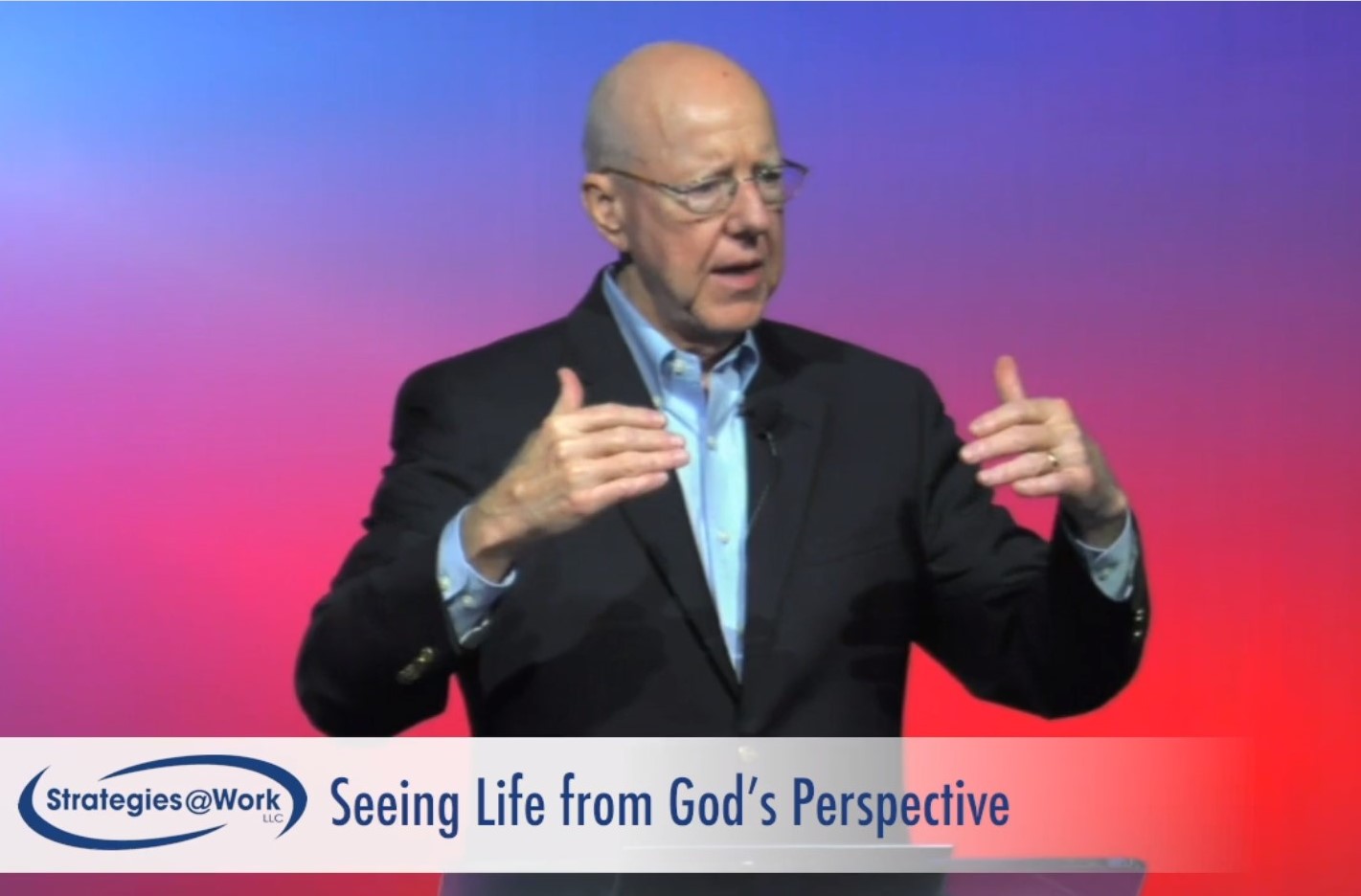 |
|||||
March 1, 2019 |
|||||
Gleanings |
|||||
|
|||||
by Gerald R. Chester, Ph.D. |
|||||
| In the 2003 case of Lawrence vs. Texas, the Supreme Court ruled that sexual activity between consenting adults is legal.1 This legalized fornication, including adultery, and homosexuality. As of 2014, twenty-one states still had an anti-adultery law.2 But these laws are gradually being abolished. No longer is the biblical prohibition against fornication and homosexuality normative.3 The new normal is a humanly contrived standard based on the presupposition of mutual adult consent. This new normal is an example of popular thinking today. Mankind posits the right to redefine the norms. Perhaps the biggest challenge to this presumption is that mankind did not self-create. Therefore, what gives mankind the right to redefine norms? Isn’t this right the exclusive purview of the Creator? If you concede that the God revealed in the Bible created the heavens and the earth, then it follows that he defines all the norms. And one of his norms is his purpose for creating mankind; namely, to rule his physical universe. The Creation Mandate4 directs mankind to serve as God’s agents in the physical universe. This is an enormous job. The physical size of the earth alone is overwhelming, not to mention the mind-boggling size of the universe. Furthermore, the physical laws are rife with a vast array of intricacies. Mining these laws to develop technology enabling mankind to more efficiently and effectively fulfill the Creation Mandate is an immense challenge. For mankind to address this task, people must work in healthy synergistic organizations operating based on divine knowledge and wisdom not human contrivances. This means that organizations need knowledge about how the universe was designed to work and wisdom to know how to wisely apply this knowledge to rule the universe well. In other words, they need to know God and his norms. The impediment to submitting to God’s norms is the fallen condition of mankind. The bias of mankind is to sin—to live in rebellion against God.5 For example, biblically the norm for marriage is a monogamous heterosexual relationship between a man and a woman.6 When a marriage partner commits adultery, the guilty party displays a lack of faithfulness and trustworthiness toward his or her partner. One of the preeminent organizational leaders of the twentieth century recognized the danger of adultery and immediately terminated any employee who committed adultery. The leader’s rationale was simple—if the employee would betray his wife, he would betray the organization.7 Today, cultures presume the right to define societal norms. Consequently, it can be difficult for organizational leaders to recognize and value the high ethical standards of Scripture. Furthermore, there is an ubiquitous presupposition that personal life and work life can be bifurcated. This is a humanly contrived norm that presumes that one can be immoral in private life but still be moral in work life. The aforementioned organizational leader did not subscribe to this pedestrian thinking; rather, he recognized that human beings are morally the same in both private and work lives. The holistic nature of humans is intimated by texts such as Proverbs 4:23 CSB, which states that mankind is to:
The heart is imagery for the mind, will, and emotions. The heart controls every decision in a person’s life—both in private and work life. There is not a separate heart for private life and another heart for work. Consider the words of the apostle Paul who said:
In this text, the word work is singular. Paul seemed to be contemplating all aspects of life—private life and work life. He didn't refer to them separately, he viewed them as a whole, and by implication the choices of both the private life and work life emanate from the same place—the singular heart of man. Solomon pointed to the heart as the central root source of all human choices and Paul, by implication, agreed. This means that the particulars of physical reality (human choices) are connected to a central spiritual reality (the heart) of each person. In a fallen world, mankind’s heart is distorted and, therefore, does not naturally choose words and actions aligned with the norms of the Creator. Part of being a Christian is the empowerment to overcome human depravity to live well by making wise choices. This power is not from man but from God. Paul explained this empowerment as a process of Christ being formed in the hearts of his disciples. He said this to his Galatian disciples:
The evidence of this transformation is a progressive grace to march in step with the Holy Spirit. Paul stated this truth as a command in these words:
Marching in step with the Holy Spirit is a high ethical standard individually and organizationally. It is a holistic requirement to embrace the norms of Scripture to define deportment for all aspects of life. The evidence of this lifestyle will be values, principles, and practices that reflect the will and ways of the Creator. This means there is no bifurcation of personal life and work life. For any person or organization to live well in God’s universe requires accountability to march in step with the Holy Spirit, that is, to live according to biblical norms. In Galatians chapter 6, Paul gave some key practices that reflect marching in step with the Holy Spirit. I will express in words that could be used as part of an organization’s code of conduct.
In God’s universe there is no bifurcation of private and work life. Humans were made by God to be integrated beings who live under his norms. Humans do not have the right to self-define the norms of life. The key to living wisely is to learn to march in step with the Holy Spirit. This is a challenging lifestyle that requires much training, diligence, perseverance, and accountability. It requires clarity on and commitment to a Christian worldview applied in all areas of life. This lifestyle is countercultural. Consequently, to live this way will require perseverance in the virtues of humility, submission, and teachability rooted in a clear conviction that this is the only right way to live in God’s universe. This is no bifurcation of private and work life. What a person does in any area of life, that person will do in every area of life. _____________________________1. https://www.freep.com/story/life/family/2014/04/17/in-which-states-is-cheating-on-your-spouse-illegal/28936155/. 2. Ibid. 3. Exodus 20:14. 4. Genesis 1:26-28. 5. Romans 3:23. 6. Matthew 19:3-10. 7. Private conversation. 8. Proverbs 22:1. |
|||||
| Quick links | |||||
Upcoming Training |
|||||
|
|||||
The Power of Being Strategic |
|||||
Key Principles of Financial Management |
|||||
Management |
|||||
Business, Money, Technology, and the Kingdom |
|||||
Biblical Economics |
|||||
Succession Planning |
|||||
|
|||||
Gleanings |
|||||
Social Media |
|||||
Other |
|||||
|
|||||


.png)